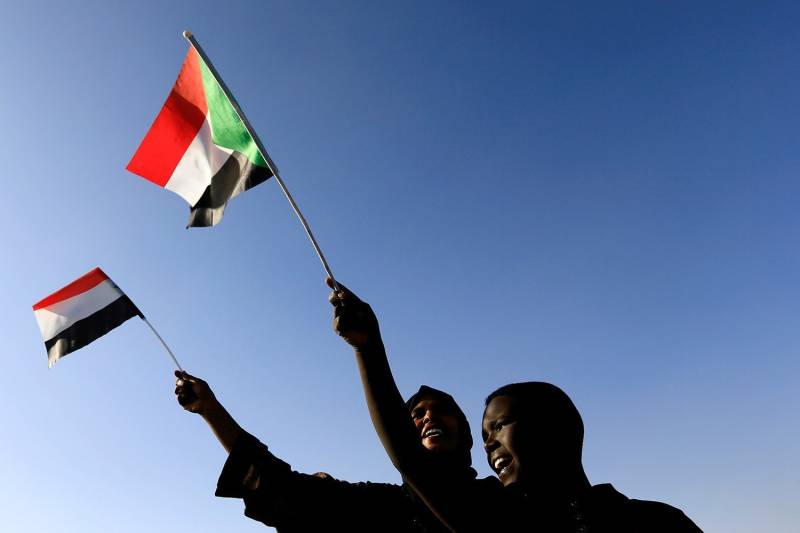After UAE, Another Muslim country normalises diplomatic ties with Israel
Shares

Sudan became the latest country to normalize its relationship with Israel on October 23, as an agreement between the two countries ended the official status of war between them. US President Don-ald Trump announced the agreement following a discussion with Sudanese Chairman of the Sovereignty Council Abdel Fattah al-Burhan, Sudanese Prime Minister Abdalla Hamdok, and Israeli Prime Minister Benjamin Netanyahu.
The agreement comes at the same time as Trump announced that he will remove Sudan from the US State Sponsors of Terrorism List in recognition of the country’s progress towards democracy after the ouster of former leader Omar al-Bashir in 2019 and in return for a compensation package from Sudan for US terrorism victims. In a joint statement, the Trump administration said that the United States “will take steps to restore Sudan’s sovereign immunity and to engage its international partners to reduce Sudan’s debt burdens, including advancing discussions on debt forgiveness consistent with the Highly Indebted Poor Countries Initiative.” Israel and Sudan will also “begin economic and trade relations, with an initial focus on agriculture,” and will “meet in the coming weeks to negotiate agreements of cooperation in those areas as well as in agriculture technology, aviation, migration issues and other areas for the benefit of the two peoples.”
The normalization agreement follows similar agreements between Israel and the United Arab Emirates and Bahrain, as both the United States and Israel have sought to improve Israeli ties with countries across the region, especially as Iran continues its military aggression. Atlantic Council experts react to the normalization between Sudan and Israel, and analyze what it means for both countries and the wider region:
Normalization a watershed moment for Sudan: “Today’s dual White House announcements that the Trump administration is both removing Sudan from the terrorism list and that Sudan and Israel are normalizing relations are both watershed events that will hopefully further Sudan’s political and economic transformation. While all sides would like to see these announcements as having been reached on their own merits, coming as they do only minutes apart, it is hard not to see them as linked.
“To its credit, Washington lived up to its word and announced Sudan’s removal from the terror list after Khartoum met the last requirement of transferring $335 million to Washington’s settlement payment for the 1998 US Embassy bombings.
This is a huge political win for Sudan’s Prime Minister Abdallah Hamdok, who came into office pledging to shed the legacy of Sudan’s terrorist past and remake its relations with the international community, but who in recent months has come under withering criticism for his inability to stabilize the country’s failing economy.
These announcement no doubt help to do that but could come at significant political cost to him as many at home will see Khartoum’s normalization with Tel Aviv as too high a price to pay for achieving its delisting.
But Hamdok hopes that the extensive package of sweeteners that Trump and Netanyahu have attached to the normalization deal, including debt relief, development assistance, and huge investment guarantees, will be enough to mitigate the accusations that are certain to emerge that Sudan was “bullied” and “blackmailed” into an agreement that is not supported by the Sudanese public. Critical now for the prime minister will be to translate today’s announcement promises from Washington and Tel Aviv into lower bread prices, shorter fuel lines, and more abundant electricity—tangible signs to average Sudanese that the country is finally turning the corner. If those benefits can be felt quickly, then most will believe that the bargain was worth it.”
Cameron Hudson, senior fellow at the Atlantic Council’s Africa Center and previosuly served as the chief of staff to the special envoy for Sudan and as director for African Affairs on the National Security Council in the George W. Bush administration.
